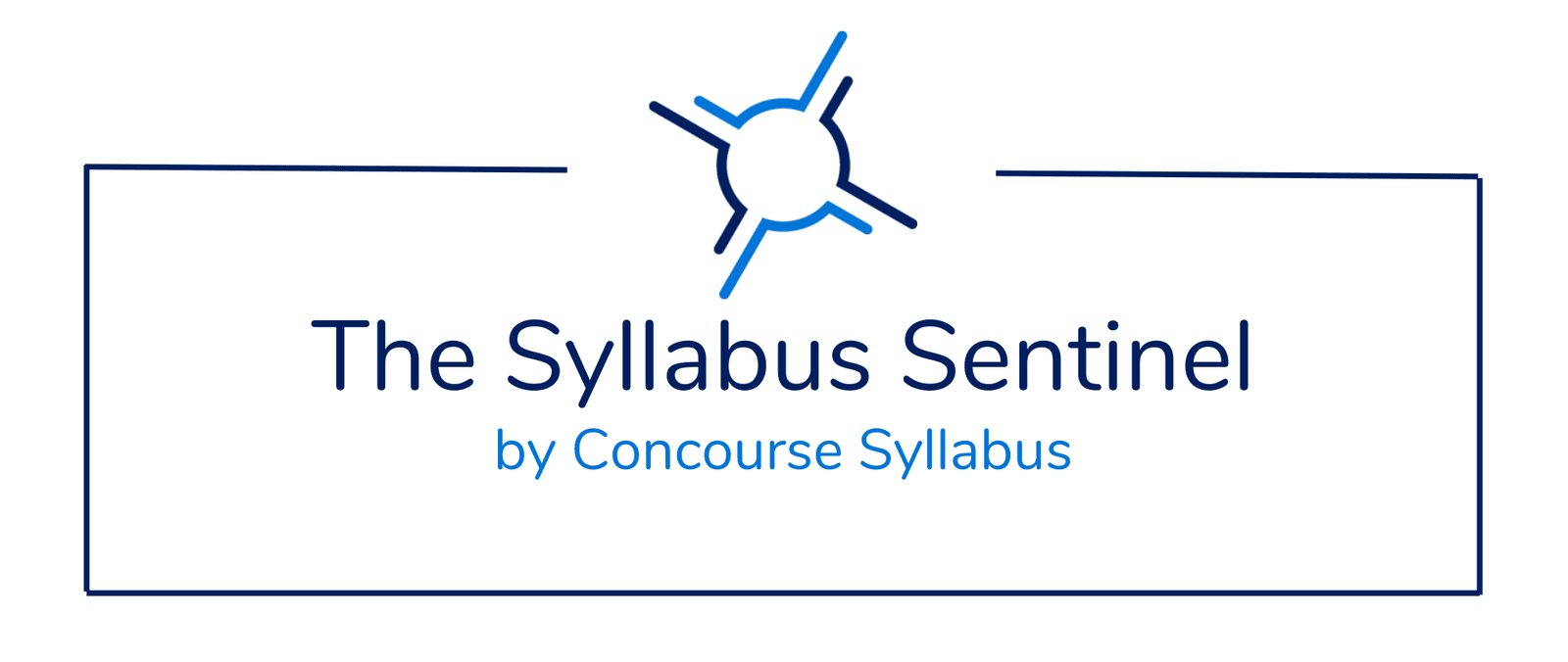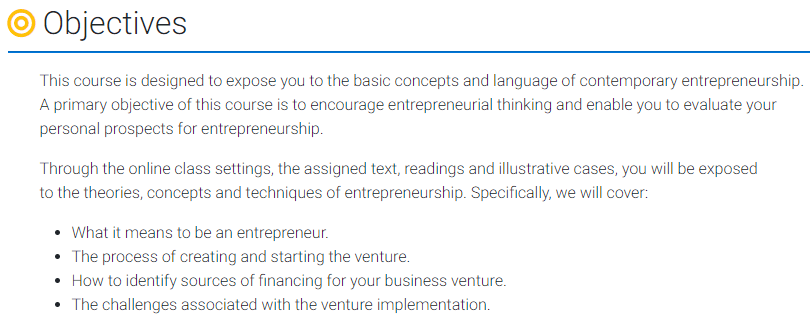December 2023
It’s the time of year when you may find yourself reflecting on the past year and setting some goals for the next. Why not do the same for your institution? What kind of changes would you like to make happen there in 2024? Here are some we’re hearing pretty regularly:
- Approaching accreditation reviews with more confidence
- Improving student success (and in turn, student retention)
- Making documents more accessible for all learners
- Meeting state legislation with ease
What if you could make one change that would help with all four? Unsurprisingly, we believe better syllabi is the way to achieve all of that and more. Resolve to make 2024 your year to find out how!
In this edition:
- Practical Suggestions for Students
- Gen Z Prioritizes Mental Health
- New Year, New U(niversity)
- Objectively Speaking
Practical Suggestions for Students
The internet is full of ideas for resolutions, recommendations on how to best meet them, and strategies for sticking with them. Herzing University decided to cut through the noise for their students and provide their top 10 suggestions for changes in the new year. Herzing’s suggestions run the gamut, from health-focused possibilities like “get more sleep” and “limit your coffee intake” to general advice like “don’t procrastinate” and “communicate effectively.” They’re all designed to be achievable, and each points to helping students be happier, healthier, and more successful. What resolutions would you recommend for your students?
Gen Z Prioritizes Mental Health
With the first half of Gen Z now all college aged, and the second half coming close behind, it’s important for us to consider their needs and priorities. In late 2022, a Forbes Health survey found that over half of the respondents in the 18-25 bracket listed better mental health as their top New Year’s resolution. TimelyCare, a mental health services provider for higher education, responded with recommendations for institutions who want to help students meet their mental health goals. They emphasize goal setting, flexibility, and education, and suggest prioritizing mental health as a value. Check out the full blog post for more.
New Year, New U(niversity)
New Year, New U(niversity)
We tend to think of resolutions as goals for individual improvement, but can they lead to improvements for a whole institution? Brandon Busteed of Kaplan suggests that it’s important for colleges and universities to reflect and commit to improvement as a whole. He recommends some high-level goals for all organizations, including reducing students’ student loan debt and committing to the hybrid modality. While the article was written almost two years ago, there’s a lot there to consider - and even if the resolutions themselves may have shifted, the idea of institutional resolutions is still an intriguing one.
Objectively Speaking
Objectively Speaking
A resolution is nothing more than commitment to work towards a goal. Course objectives play the same role in a syllabus by outlining clearly what an instructor intends to do in order to help students achieve the designated outcomes in their course. They are a commitment to action and a vital part of communicating to the student what they can expect in a course. Whether objectives are determined at the departmental or institutional level or created or augmented by the instructor, Concourse provides both the structure AND the flexibility to ensure course outcomes are accurate, consistent, and clearly communicated.






